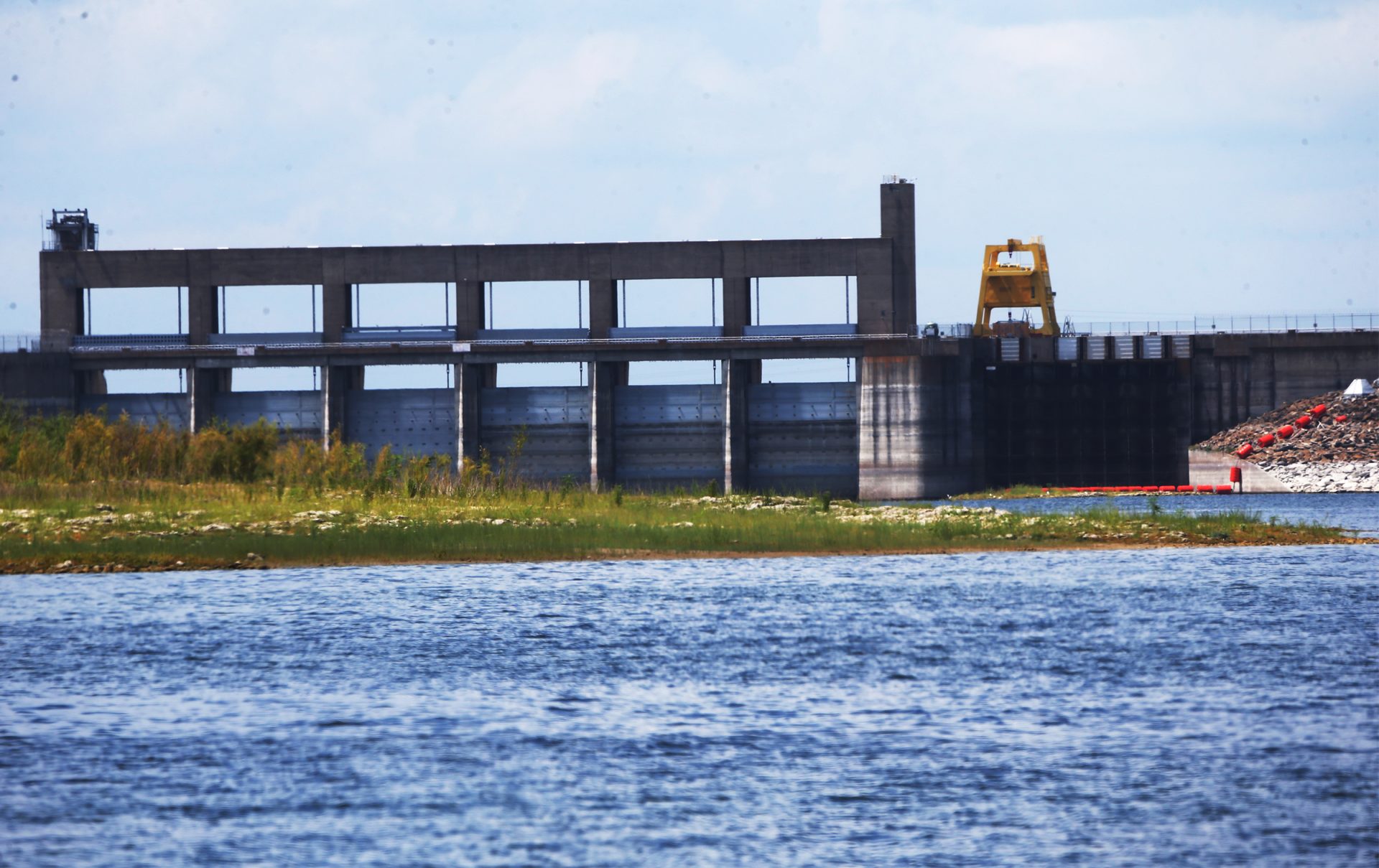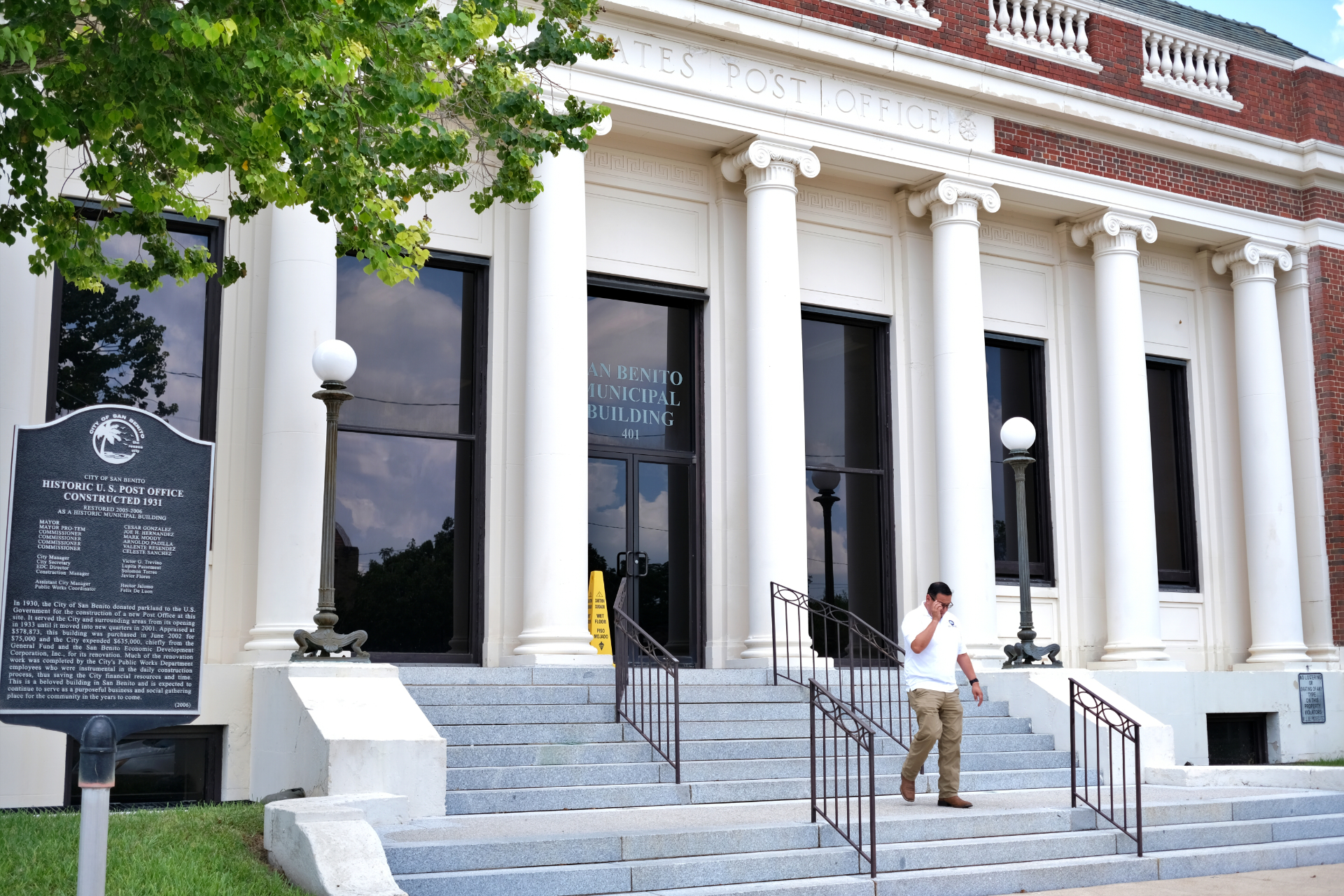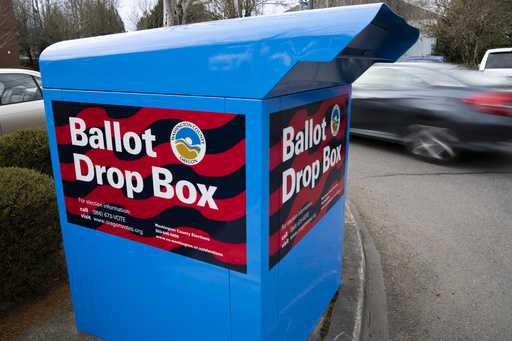CIUDAD JUAREZ, Chihuahua – The United States and Mexico have signed a Rio Grande agreement aimed at ensuring more regular water deliveries from Mexico to the United States.
The International Boundary and Water Commission’s Minute No. 331 is titled: “Measures to Improve the Reliability and Predictability of Rio Grande Water Deliveries to Benefit the United States and Mexico.”
According to the U.S. section of the IBWC, the minute provides Mexico with tools and flexibility to deliver water earlier in the five-year cycle under a 1944 U.S.-Mexico water sharing treaty.
The new agreement will allow for transfer of ownership at the Amistad and Falcon Reservoirs, permit Mexico to receive potential credit for deliveries made earlier in the cycle, and give them the opportunity to consider deliveries from the San Juan and Alamo Rivers to address the shortfall if agreed to by the U.S.
Under the 1944 Treaty Relating to the Utilization of Waters of the Colorado and Tijuana Rivers and of the Rio Grande, Mexico delivers water to the United States in the Rio Grande in cycles of five years, for a minimum annual average of 350,000 acre-feet except in the event of extraordinary drought or serious accident to its water infrastructure.
During the current cycle, which began on October 25, 2020, Mexico has delivered a total of 425,405 acre-feet. Mexico’s obligation under the treaty is to deliver 1.75 million acre-feet by October 24, 2025, absent extraordinary drought or a serious infrastructure accident. As of November 2024, Mexico is behind approximately 980,000 acre-feet on water deliveries.
U.S. IBWC Commissioner Maria-Elena Giner said Minute 331 is focused on improving reliability and predictability of Rio Grande water deliveries. She said a key feature of the Minute allows Mexico to use the tools at any time to reduce or prevent shortfalls in water deliveries to the United States, subject to prior U.S. agreement.
“The last 30 years of managing over-stretched water resources in the Rio Grande basin have produced broad agreement that the status quo was not acceptable. With the signing of this Minute, Mexico has tools for more regular water deliveries that can be applied right away,” Giner said.
“Our work will continue to bring predictability and reliability to water deliveries. I want to thank (Rio Grande) Valley agricultural and municipal water users for our countless consultations and their advocacy for needed changes.”
Assistant Secretary of State for Western Hemisphere Affairs Brian A. Nichols said Minute No. 331 has been signed amid growing water scarcity on both sides of the Rio Grande. He said it recognizes the importance to the United States of incorporating Texas water deliveries in the annual allocation plans of Mexico’s water managers. Some of the agreement’s pilot programs will sunset after five years, unless the two governments choose to extend them, Nichols explained.
“The U.S. Government welcomes the Minute, a key step in facilitating more regular Mexican water deliveries,” Nichols said. The job is not done – the United States continues to consult with Mexico on the best ways to use the tools created in this agreement and deliver badly needed water at the earliest possible date.”
U.S. Ambassador to Mexico Ken Salazar said the U.S. Government is already consulting with Mexico to ensure the earliest possible use of the Minute to deliver water to the United States during the current rainy season.
Over the longer term, Salazar said, the two governments expect a Projects Work Group created under the Minute to develop water conservation for the benefit of both countries, as our two countries have done successfully in the Colorado River basin.
“Beyond being the world’s number one trading partners and sharing enduring cultural and familial ties, the United States and Mexico share important natural resources in the Rio Grande (Rio Bravo) basin. This agreement is the result of the historic cooperation between our countries to resolve our shared challenges,” Salazar said.
“The agreement outlines our joint commitment to responsibly and sustainably manage these important water resources in a way that better meets the needs of agricultural users, communities, and the natural environment on both sides of our shared border.”
Rio Grande Joint Venture Coordinator Karen Chapman said the agreement benefits both the United States and Mexico, providing options for avoiding the recurring crises at the end of five-year water cycles. She said Minute 331 is the result of over 18 months of negotiations, and a binational initiative dating back to October 2020. At that time, Chapman said, the United States and Mexico signed IBWC Minute No. 325, successfully concluding a five-year water cycle without a deficit, while committing our governments to developing a new Minute to ensure more predictable and reliable water deliveries.
“The Rio Grande Joint Venture partnership has long supported efforts to conserve Rio Grande basin ecosystems and the rich natural and cultural heritage they represent,” Chapman said. “Minute 331 provides avenues for scientific and civic society conservation partners to collaborate with the public sector on projects that will help ensure the long-term sustainability of the Rio Grande, and we applaud the International Boundary and Water Commission for taking this important step forward.”
In addition to provisions related to water deliveries, the Minute establishes a Rio Grande Environment Work Group to address environmental aspects in the international reach of the Rio Grande, and formalizes the Lower Rio Grande Water Quality Initiative to address water quality concerns, especially salinity.
Minute No. 331 was signed on November 7, 2024, in Ciudad Juarez, Mexico, and approved by the two governments. The Minute includes pilot provisions, such as those related to water deliveries, with a duration of five years as well as other provisions with no expiration date.
Sen. Cornyn responds
U.S. Senator John Cornyn released the following statement after the IBWC signed the new agreement with Mexico:
“I appreciate Commissioner Giner’s willingness to foster open dialogue between Mexico and the State Department to negotiate new tools that will further pressure Mexico to meet their obligations under this treaty, but there is still much more work to be done.
“Our border communities in the Rio Grande Valley are being crushed by Mexico’s repeatedly delayed water deliveries, and I urge the State Department to prioritize ensuring South Texas farmers and ranchers have the water they are rightfully owed on a more predictable basis.”
Boost Texas’ water supply has been a top priority for Cornyn. He wants Mexico to fulfill its treaty obligations in order to provide annual deliveries of water to South Texas farmers and ranchers.
Earlier this year, Cornyn and others sent a letter to the Chairmen and Ranking Members of the House and Senate Appropriations Subcommittees on State and Foreign Operations urging them to withhold designated funds from Mexico until they enter into an agreement with the U.S. to balance the deficit of the water deliveries.
The House Appropriations Committee has included this provision in its funding bill.
In May, Sen. Cornyn cosponsored legislation led by Sen. Cruz to enhance support for U.S. diplomats and officials seeking to secure Mexican compliance. Sen. Cornyn has also personally engaged with Secretary of State Antony Blinken over the phone multiple times and by letter.
In February, Sens. Cornyn and Cruz raised alarms after a Rio Grande sugarcane mill closed due to acute water shortages, and in September of last year, Sen. Cornyn cosponsored a resolution supporting diplomacy.
Minute 331
 Minute 331 (Page 1)
Minute 331 (Page 1) Minute 331 (Page 2)
Minute 331 (Page 2)  Minute 331 (Page 3)
Minute 331 (Page 3) Minute 331 (Page 4)
Minute 331 (Page 4) Minute 331 (Page 5)
Minute 331 (Page 5) Minute 331 (Page 6)
Minute 331 (Page 6) Minute 331 (Page 7)
Minute 331 (Page 7) Minute 331 (Page 8)
Minute 331 (Page 8)The post International agreement signed to ensure more regular water deliveries from Mexico to U.S. appeared first on Rio Grande Guardian.
 (2).png)
 3 days ago
31
3 days ago
31









 English (US)
English (US)